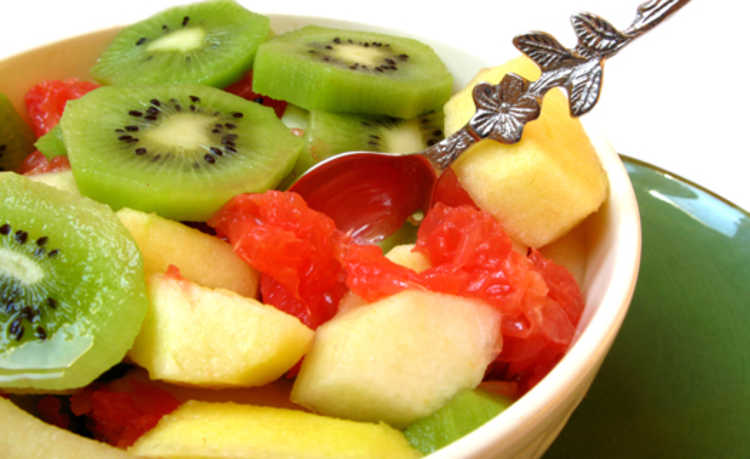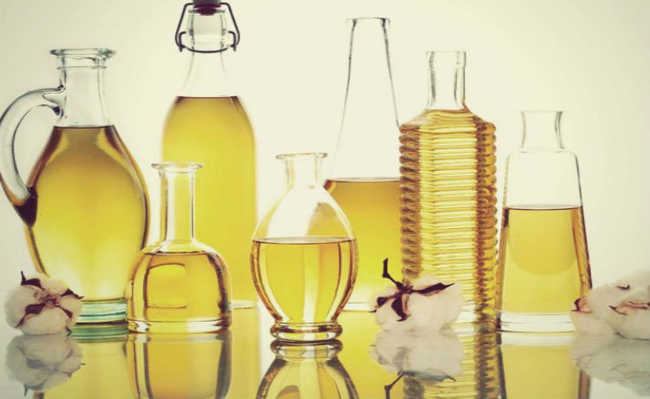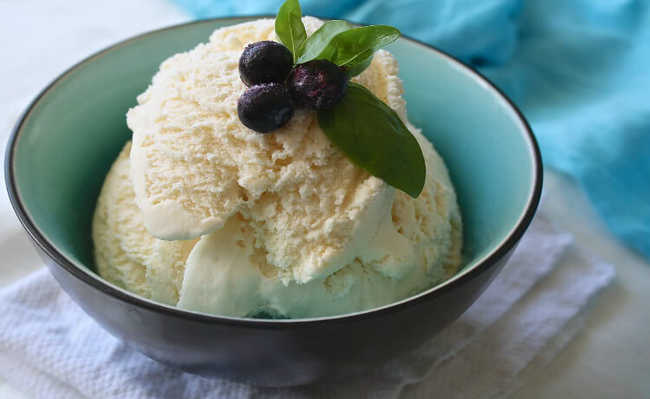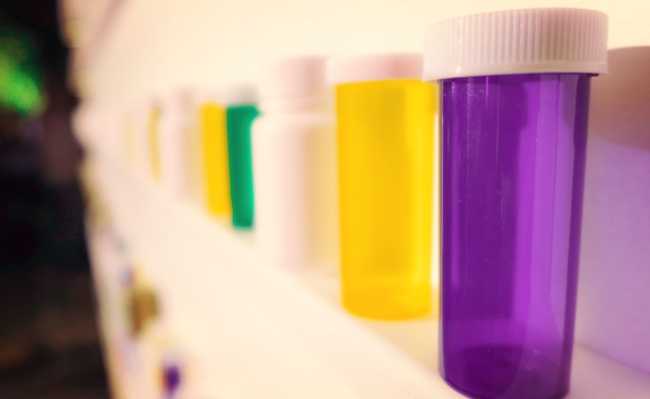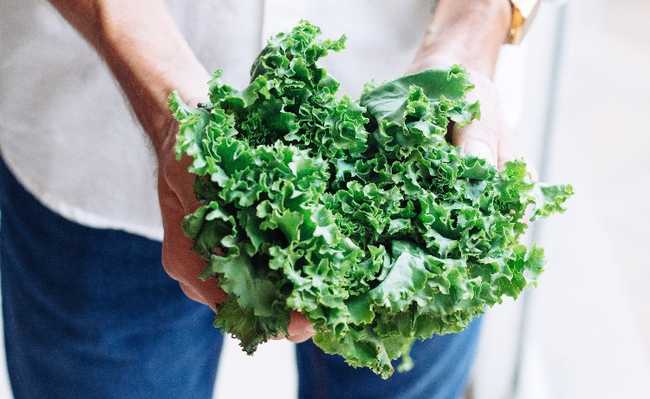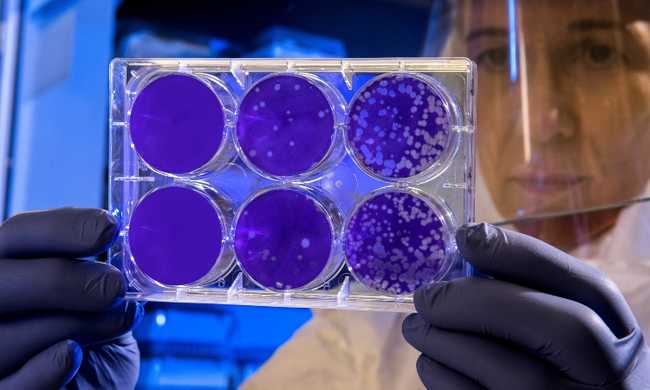Nine ways not to use vinegar for cleaning
Vinegar is a cleaning solution... But not always

Vinegar has impressive cleaning properties (as we've already talked about "20 practical uses for white vinegar" and "Vinegar: an unusual ally for house cleaning"), making it a viable and inexpensive choice for those who prefer less risky cleaning to health and the environment. But because it was so efficient, it came to be seen as a solution to any domestic problem. However, if used in the wrong way, vinegar can cause all sorts of problems. To alert you to this risk, we've put together nine examples of how not to use vinegar:
1. Confuse it with soap
Vinegar is recommended for cleaning many items, but it should not be confused with soap. Alkaline (more basic than acidic) cleaning agents, such as detergent, are designed to clean greasiness, whereas vinegar will have little or no effect on it.
2. Apply to waxed surfaces
Vinegar will only remove the wax from the surface; if you put vinegar on your car's hood, it will end up taking that beautiful shine off your vehicle. You can only use it if you want to remove an old layer of wax before applying a new layer.
3. Apply to marble pieces
Do not use vinegar on marble or other types of stone. According to the Marble Institute, the acidity of vinegar can corrode stone surfaces.
4. Clean screens and monitors
the screens of laptop It's from smartphone have a thin layer of oil that limits fingerprint smudges and marks. The acid in the vinegar can remove this, so it is recommended not to use the substance to clean sensitive screens.
5. Clean pots and pans
Steel and aluminum are reactive surfaces. If you want to use vinegar to clean pots and pans, try to use only those made of stainless steel or steel with a non-stick coating.
6. Mix bleach and vinegar
Separately, both are powerful cleaning agents; when together they can be dangerous. Chlorine gas, a component used during World War I by the Germans to drive enemies out of trenches and force them into open field combat, is the result of mixing bleach with an acidic substance (such as vinegar), therefore, never mix them because of their choking effects.
7. Direct use on plants
Vinegar can be used as a good insecticide, but it is not recommended to apply it directly to insect-infested plants as the act can damage them.
8. Clean up egg remains
Do not try to clean leftover eggs with vinegar. The mixture will cause the proteins in the egg to clot, creating a sticky substance that is even more difficult to clean.
9. Mold
Although it removes mold and mildew, like bleach, vinegar only does so superficially.


